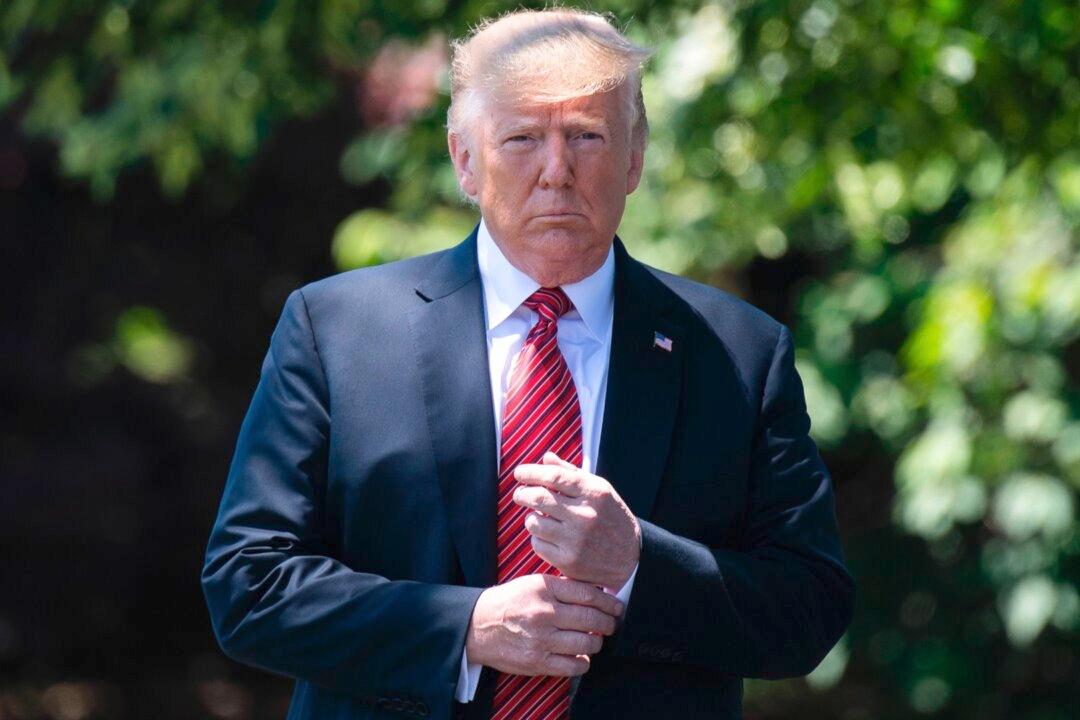President Donald Trump is being urged by some allies to ignore a recent Supreme Court ruling that blocked his administration from placing a question about whether the respondent is an American citizen on the 2020 census.
The question was on the census, which is conducted once a decade, for centuries until it was removed in the 1950s.





